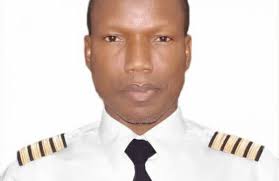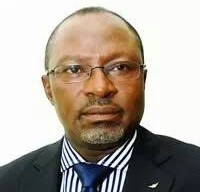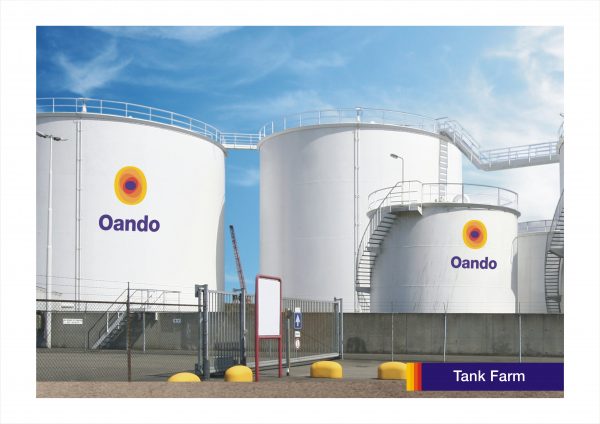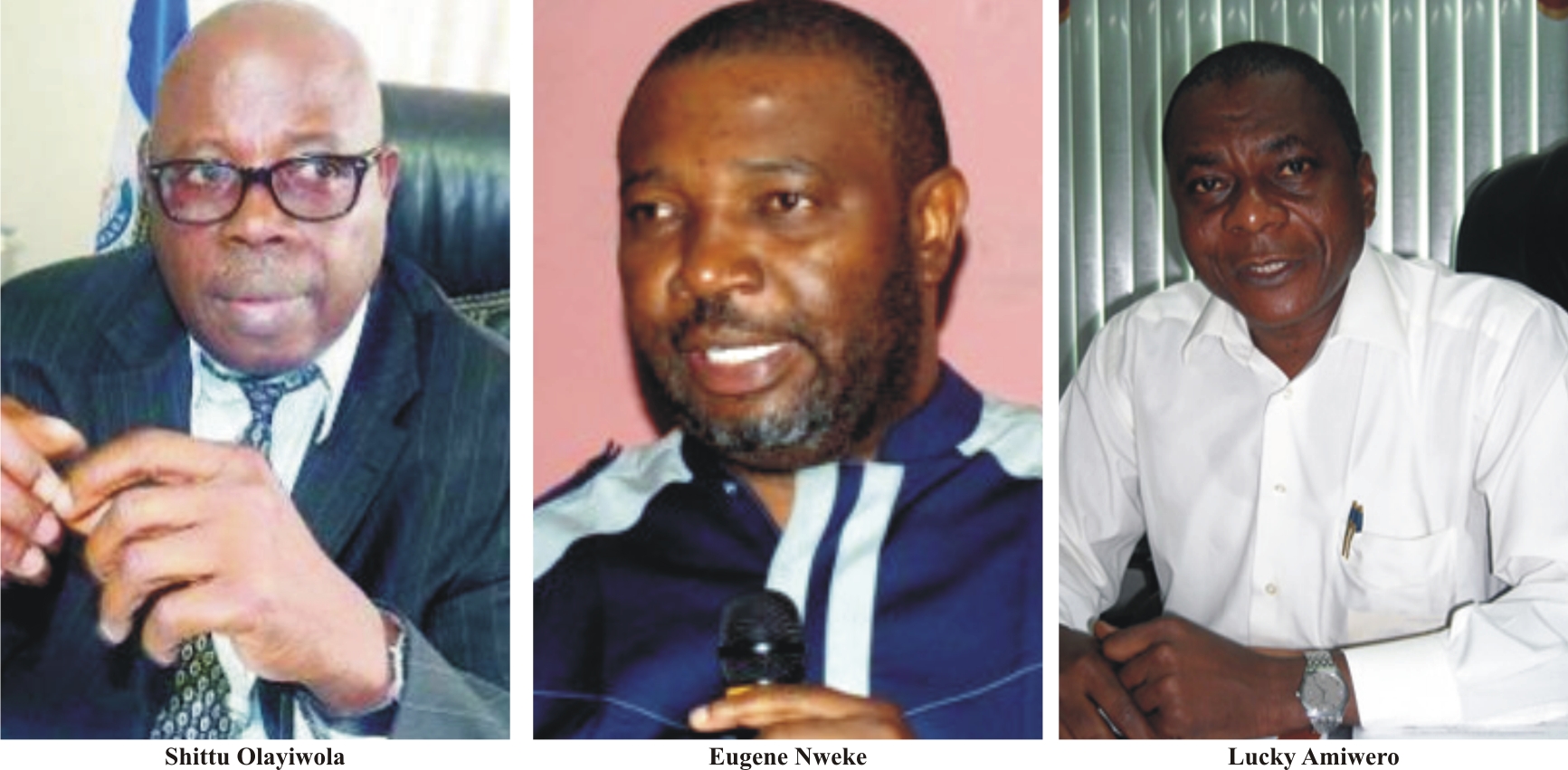2019 Half Year Rating: How NIMASA, FAAN, NAMA Fared
By Kenneth Jukpor & Okuneye Moyosola
MMS Plus brings you an assessment of the major parastatals in the transport sector for the first half of the year 2019. The first six months was centred on pre-election, election and post-election drama, but how did transport agencies and institution attack their core functions.
For the grading system: A =90-100%, B+ = 80-89%, B =70-79%, C+ =60-69%, C =50-59%, D =40-49% and E = 30-39%, F = 0-30%. Enjoy it:
Federal Airport Authority of Nigeria (FAAN)
FAAN is an organization statutorily charged to manage all commercial airports in Nigeria and provide service to both passenger and airlines. FAAN journeyed into a new administration with the appointment of Rabiu Yadudu as its Managing Director in May. How has FAAN fared in the first half of the year and what achievement has the Authority made under Yadudu? To ascertain this, we look at FAAN’s core functions unbundled into ten (5) parts each carries 20 points:
Develops, provides and maintains airports facilities
FAAN has the responsibility to develop facilities in the commercial airports within the country, such that will engender safety, and ensure orderly and economic and expeditious operations of air transport within the commercial airports in Nigeria.
In the first half of the year, all the country’s international airports had Emergency Operation Centres as part of the criteria to deal with crisis situations when they arise. The EOC which was also recently inaugurated at Kaduna International Airport will ensure timely response to emergencies at the airport.
Having achieved this, it is incumbent on the part of the FAAN to maintain these facilities, and make sure that, all the services provided to the airlines and passengers are quality services. On the issue of aviation fuel, the authority is also partnering with the Department of Petroleum Resources to address the gaps in the supply chain of aviation fuel.
Much needs to be done by the authority in providing facilities that are of international standard as well as provision for the maintenance of these facilities created. The agency didn’t make any notable achievement in this regard in the first half of the year. Aviation fuel prices also recorded increase in prices thereby increasing the operational cost of airlines.
Score: 7/20
Provides adequate conditions for passengers and their goods to be carried by air
The Authority has a unique responsibility of creating a conducive environment for efficient air transport. It is the function of FAAN to make provisions for adequate conditions, such that could enhance the air left or air transportation of the passengers and their luggage and their belongings. This condition would be necessary within the commercial airports across the country since it will help minimize any incident of loss and theft.
FAAN made it compulsory for airlines to indicate the exact number of travel luggage checked in by passengers on their boarding pass. It was learnt that the guideline was in response to recent complaints over wrong tag of passengers’ baggage.
In a bid to safeguard air travelers, FAAN urged passengers to always cross check their boarding passes to ensure that the number on their luggage tallies with the number reflected on it. Few months ago, a Nigerian, Miss Zainab Aliyu on a lesser Hajj to Saudi Arabia was accused by Saudi security of entering into the country with a luggage containing Tramadol. It was later discovered by the National Drug Law Enforcement Agency (NDLEA) that the drug was planted in her luggage by a drug cartel which specialized in planting illicit drugs in travellers’ luggage. An official of FAAN working at MAKIA, El-Yakub Usman, disclosed that the scanners installed at the various Nigerian airports do not have the capacity to detect drugs. These scanners should be upgraded by FAAN to avoid further damage for passengers.
Score: 5/20
Charges for the services provided by the airports authority
The Authority has a charge for every service that is provided to the airports. In May, the Federal Airports Authority of Nigeria withdrew its aviation security and aerodrome rescue and firefighting personnel from Gombe and Kebbi airports over N732.4m indebtedness.
According to FAAN, Gombe Airport, which is owned by the Gombe State Government, owes the authority N607.9m while Kebbi Airport, operated by the Kebbi State Government, owes FAAN N124.5m.
The agency seems to be taking the issue of charges seriously with the closure of these airports. However, some of these airports do not generate enough money needed for funding and the payment of these charges. The operational environment is also not conducive enough to facilitate more revenue generation by these airport. FAAN need to examine the reasons why the airports owe such large amounts of debts in order to make more informed decisions.
Score: 10/20
Provides decent accommodation and quality facilities for efficient and effective handling of passengers
FAAN is saddled with the responsibility of providing decent office accommodation within the commercial airports across the country. The availability of these facilities will allow for efficient and effective handling of passengers and freight in the Nigerian airports.
FAAN is moving towards this direction as free trolley and wheelchair services were provided at new terminal of the Nnamdi Azikiwe International Airport, Abuja in the first half of the year. The terminal is also is equipped with free Wi-Fi with the capacity to process 15 million passengers annually.
As part of preparations to ensure seamless facilitation of passengers, the VIP Protocol lounges at the terminals in Lagos and Abuja, were also refurbished to give maximum comfort and value to our customers. In addition, airport security and other logistics were also upgraded and strengthened to address passenger traffic in and around the airports.
However, the authority didn’t do much in the provision of accommodation for passengers in the first half of the year.
Score: 8/20
To provide adequate facilities and personnel for effective security at all airports
The Senate, recently resolved to investigate FAAN over poor security at the Nigerian airports.
The Red Chamber also asked FAAN to ensure the installation and usage of effective CCTV cameras and other security systems in all Nigerian airports for the purpose of monitoring the environment to avoid the planting of illicit drugs and other illegal activities. The Senate said FAAN should also acknowledge only accredited personnel to be allowed in restricted areas of Nigerian airports. It further said FAAN should issue a directive that all personnel on duty would be held accountable, questioned, investigated and punished should there be a case of arrest of any Nigerian citizen that passed through Nigerian airports on allegations of drug trafficking.
The agency did not provide adequate facilities needed to ensure effective security at the airport. There were also several cases of fire incident at the Abuja and Owerri airport in the first quarter.
Score: 5/20
TOTAL = 35/100
Conclusion
The newly appointed Managing Director of FAAN, Capt. Rabiu Yadudu promised to improve aviation safety and infrastructure to improve passengers’ experience. He noted that his primary vision is to move the aviation sector forward in terms of performance and functionality with the rest of the world. We hope that the Managing director will fulfill his promises and make a difference in the sector.
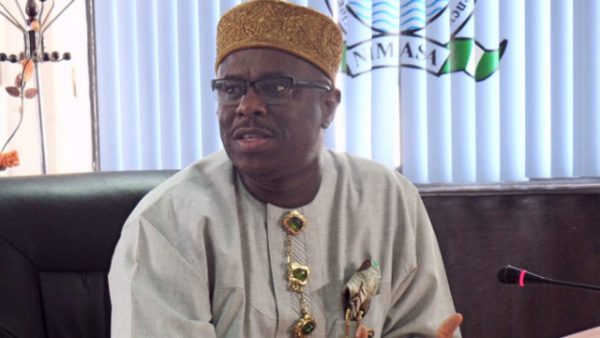
Nigerian Maritime Administration and Safety Agency (NIMASA)
NIMASA is the agency saddled with the onus of maritime administration and safety; to pursue the development of shipping and regulatory matters relating to merchant shipping and seafaring.
NIMASA’s core functions would be unbundled into ten (10) parts, each carries 10 points:
Administration and regulation of shipping licenses:
A strategic committee was tasked with improving the Nigerian ship register. According to the Committee chairman, Engr. Emmanuel Ilori the nation would observe positive changes in this area in the near future if the recommendations by the committee are adopted. This report has been submitted to NIMASA for months, yet there hasn’t been any report of development in this area.
Score = 3/10
Administration, Regulation and Certification of Seafarers:
As the global shipping industry celebrated the Seafarers Day 2019, Nigerian seafarers made it public that they are having bad times as they displayed their displeasure over an alleged extortion and poor welfare package allegedly set by NIMASA.
Nothing significant has been observed in this area as lack of Nigerian owned/ flagged vessels means no opportunities for seafarers to obtain the requisite seatime and become employable seafarers. However, NIMASA continues to restate its commitment to partnerships with international institutions for sea time training of Nigerians under the Nigerian Seafarers Development Programme (NSDP).
Score = 2/10
Establishment of Maritime Training and Safety Standards/ Regulation of safety of shipping as regards the construction of ships and navigation:
In the period under review, there wasn’t any positive report in this aspect as the dearth of competent officers has become a norm and a major impediment to the development of the nation’s shipping industry.
Score = 0/10
Maritime Search and Rescue Services and Providing direction to ensure compliance with vessels security measures:
Search and rescue operations in the country is yet to improve, with operators lamenting that NIMASA has been unable to render assistance when such services were needed.
Score = 3/10
Provide Maritime Security:
Maritime security in Nigeria, especially the war against piracy and other crimes on the nation’s territorial waters, is set for a massive positive change as President Mohammadu Buhari has signed the Anti-Piracy bill.
The problem of piracy on Nigerian waters has seen the nation suffer massive economic losses as Nigeria has been placed in the War Risk Zone by the Lloyds of London, the leading global shipping insurance body. Consequently, foreign ships coming into the country have been mandated to pay high insurance premiums and Extra War Risk charges.
According to the Director General of NIMASA, Dr. Dakuku Peterside, these problems may be over as the Anti-Piracy law would give NIMASA the legal backing to combat maritime crime and piracy.
Score = 8/10
Enhance and administer the provision of Cabotage Act 2003/ Control and prevent Maritime Pollution:
Several factors have limited the administration of Cabotage in the country as NIMASA has been limited by the challenge that Nigerian ship owners do not have the required vessels for the jobs. However, the agency would have little excuses on the fact that Nigerian waters speak dirt and pollution.
Score = 4/10
Develop and implement policies and programs, which will facilitate the growth of local capacity in ownership, manning and construction of ships and other maritime infrastructure:
Indigenous operators continue to clamour for better opportunities via local capacity ownership, manning, construction, among others, nevertheless, no programme has been organized and no policy developed to address this function so far in 2019.
Score = 0/10
Perform Port and Flag State duties:
The agency has performed modestly to enforce regulations over vessels registered under its flag, including those relating to inspection, certification, and issuance of safety and pollution prevention documents. It has also fared well in performing port state duties.
Score = 6/10
IMO Conventions:
NIMASA has been commended by the IMO for following its conventions especially in compliance to ISPS code but the agency is yet to soar on the massive maritime advantages and cargo traffic in the nation.
Score = 8/10.
Carry out Air and Coastal Surveillance:
NIMASA performed well here but it was probably as a result of the collaboration between the agency, the Nigerian Navy and the Nigerian Airforce. The approvals for the Nigeria Navy for helicopters that would also cover the areas of search and rescue operations is a welcome development.
Score = 6/10
Conclusion:
While most heads of parastatals were jostling for political interests during the heated elections and afterwards, the Director-General has been less tensed or distracted after he backed out of Rivers Gubernatorial polls. However, his stay as NIMASA Director General, like the leadership of many other agencies is uncertain as the Presidency reshuffles his cabinet for his second tenure. The signing of the Anti-Piracy bill into law is one thing the NIMASA Director General can latch onto as an achievement for the first half of 2019. Let’s see how the second half pans out?
Total Score 40/100
Grade D(40%)
Nigerian Airspace Management Agency (NAMA)
NAMA is responsible for the provision of air navigation services throughout the Nigerian Flight Information Region. This includes at the country’s 25 towered airports and at its two air traffic control centres. The agency provides air traffic control, air navigation, charting and consulting services. NAMA also strives to develop the Nigerian airspace infrastructure to a level consistent with the requirements of the ICAO Standards and Recommended Practices (SARPs).
The agency’s core functions will be unbundled into 5 parts:
Air Navigation
The provision of seamless, safe, efficient, effective and economic air navigation services in accordance with relevant Annexes to the Chicago Convention of 1944 as well as the ICAO-driven CNS/ATM concept is clearly the fulcrum around which the activities of the Nigerian Airspace Management Agency (NAMA) revolves as Nigeria’s sole air navigation service provider.
In a bid to improve the safety of passengers within the nation’s airspace, NAMA, to some extent has ensured that all its communication, navigation, surveillance and air traffic management equipment are working at optimal levels.
The agency also completed the installations of new Solar Runway Lighting Systems at the Lagos and Port Harcourt International Airports to further enhance safety of flight operations at all times and in all weather conditions.
The agency disclosed that the Federal Government recently approved fund for the deployment of multilateration surveillance system for helicopter operations in the Niger Delta area to improve security and air safety in the area. It also disclosed its plan to acquire drones which would be used for aircraft surveillance, pipelines monitoring and environmental monitoring in the Niger Delta area.
Score: 10/20
Air Traffic Control
Air Traffic Control Service (ATCS), presently referred to as Air Traffic Management (ATM) is one of the most important services provided by the Agency.
Managing Director of NAMA, Captain Fola Akinkuotu, in the first half of the year acknowledged that there has been challenge with radio communication between pilots and air traffic controllers. Akinkuotu while interacting with Air Traffic Controllers (ATCs) and Pilots however said the agency would not relax until it achieved 100% seamless communication between ATCs and pilots.
Score: 5/20
Training of staff
The sustenance of the Agency largely depends on competent and well-trained staff. The agency coordinates all forms of training, which includes both administrative and technical training. Staff of the Agency is encouraged to develop themselves in their different career fields.
The Nigerian Airspace Management Agency (NAMA) partnered with the International Air Transport Association (IATA) in the training of critical manpower of Air Navigation Service Providers (ANSPs) in the AFI Region.
Score 10/20
Regulation and standardization of aviation practices in Nigeria
In line with NAMA’s responsibility of ensuring safety in aviation, the regulation and standardization of aviation practices is very sacrosanct towards ensuring this function.
However, NAMA has not done much in this aspect in the first half of the year.
Score 3/20
Communication with aircrafts
NAMA is an air navigation service provider saddled with the task of providing radio communication with every flying Nigerian aircraft in the airspace. This communication helps to get updated with the traveling conditions and render assistance in cases of emergency.
In the first half of the year, NAMA didn’t do much in this regard but disclosed its plan to commence the replacement of Very High Frequency (VHF) radio equipment in eight locations across the country.
Score=3/20
TOTAL SCORE = 31/100
Conclusion:
Not much has been achieved by the agency in terms of objectives in the first half of 2019. However, the agency took necessary steps to ensure safety in the aviation sector through the provision of some equipment needed by aircrafts and airports in the country.

